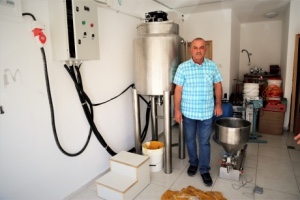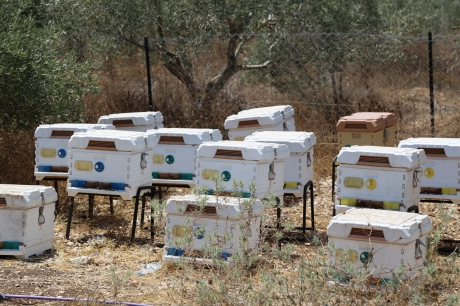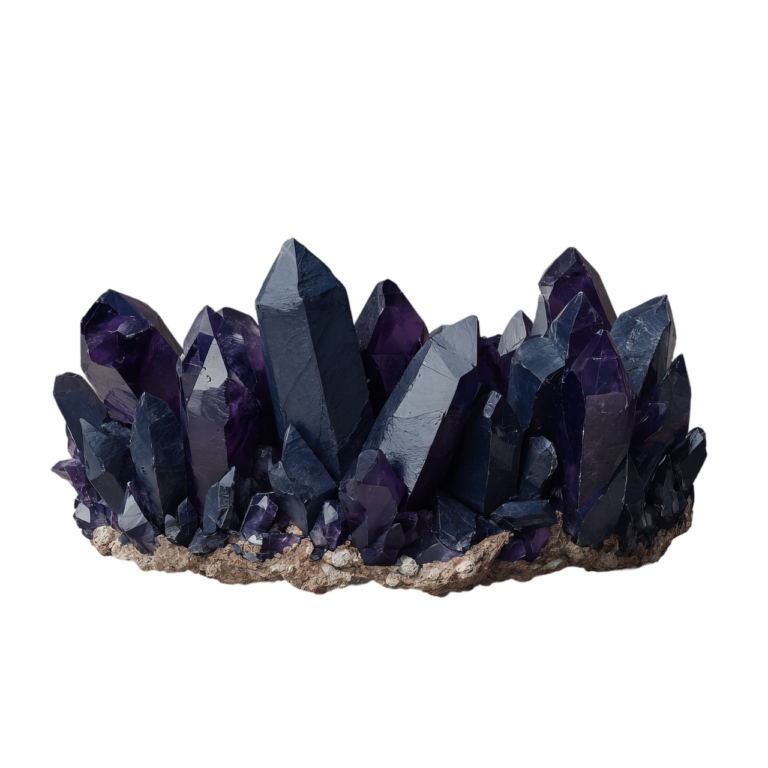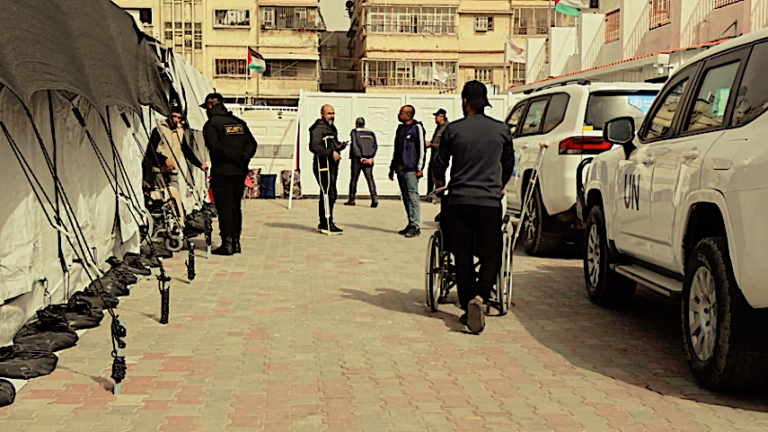
Abu Yousef, the founder of the Al Hannoun honey cooperative, is helping young beekeepers add value to their production by making specialty items. ©FAO/Hend Younis
With a little help from technology, the number of beehives have increased in last three years
East Jerusalem: Unbeknownst to much of the world, Palestine is a formidable contender in the market of beekeeping; estimates show that in 2020, in both the West Bank and Gaza Strip, there were about 86,000 beehives, a number that has increased in the last three years.
It all started with 15 young people in Jenin, West Bank, wanting to tap into the huge potential of beekeeping in Palestine to make their living. In July 2017, these aspiring beekeepers came together to create a support system known as Al Hannoun honey cooperative. Youth from different backgrounds became attracted to the group, quickly turning it into a strong community of individuals working along the various stages of the honey production cycle.
One cooperative member, Islam Daghlas, is a 23-year-old former veterinarian who took up beekeeping as a hobby four years ago. Little did he know at the time, but the five beehives he purchased using his savings would grow fourfold and become a reliable source of income.

Building on this success, Islam and Ahmad Nizar, another cooperative member specializing in nutrition science, reached out to FAO in 2020 for support in improving their beekeeping businesses and helping cooperative members increase incomes from their production.
To start, FAO conducted a needs assessment with the cooperative, the Palestine ministry of agriculture and beekeeping specialists. Then, with funding from the Government of Canada, FAO provided the cooperative with a beeswax recycling machine and tailored technical guidance. This was the first time this machine had been introduced to the beekeeping business in Palestine. This innovative piece of technology allows the cooperative to reuse beeswax that has been damaged or destroyed in honeybee hives.

Beeswax is generally rubbed against the inner walls of wooden hives to encourage bees to visit them. This newly introduced machine repurposes the used beeswax that is collected by the farmers from old hives. The machine melts, homogenizes and purifies it in a special tank. It then pumps the wax to a cooling tank, spreads, shapes and cuts it to form new beeswax foundation molds, ensuring all quality and safety requirements.
By utilizing this innovative technology, huge quantities of used beeswax are reused by the beekeepers. The applied technology ensures that the recycled beeswax maintains the shape, structure, cell accuracy and aroma. Additionally, the newly produced foundations are composed mainly of natural beeswax, which makes it more acceptable by the honeybees.
Within one year of introducing the recycling machine, Islam and Ahmad were able to save an estimated USD 5 840 (ILS 18 000) – a 28 percent savings – in beeswax. This result is not only promising for the future of Al Hannoun but also for the beekeeping industry in Palestine as a whole, which imported about 60 tons of industrial beeswax in 2020.
By optimizing the practice of recycling beeswax, the industry can save an estimated 50 percent in related expenses. In addition to the significant economic benefits, this machine prevents the disposal of huge quantities of used beeswax, reducing the volume of waste generated by beekeeping activities. Furthermore, recycled beeswax is of a higher quality than artificially imported options on the market, resulting in safer and more eco-friendly products.
Using this recycled beeswax, Abu Yousef, the founder of the cooperative, has enhanced his income by creating a variety of specialty items, including honey with nuts, scented candles, supplements for bees to enhance honey production and other various products. With the continuous expansion of his business model and the increasing demand from consumers, he and other members are now aiming to open a store to sell their products.
Today, the Al Hannoun cooperative is proudly composed of 50 young members, 36 males and 14 females. The enthusiasm exuded by young people, like Ahmad and Islam, is inspiring other cooperatives in Palestine to seek out innovative and environmental-friendly investment opportunities that can enhance local livelihoods and the overall quality of living of its people.
Source: the FAO News and Media office
– global bihari bureau





